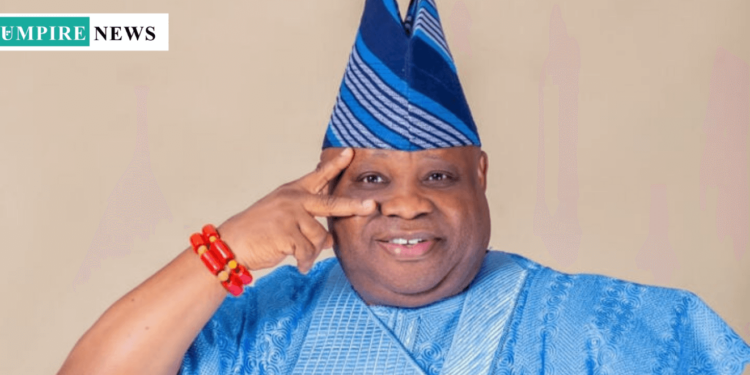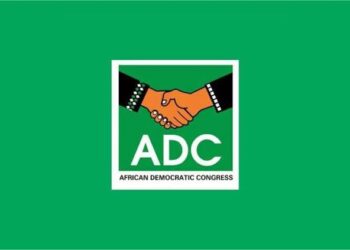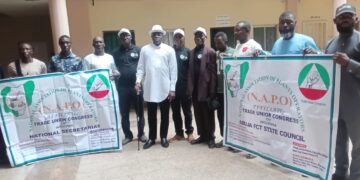A fresh war of words has erupted between the administration of Osun State Governor, Ademola Adeleke, and the opposition All Progressives Congress (APC) over the state’s debt profile. On Sunday, Adeleke’s spokesman, Olawale Rasheed, defended the current administration, claiming that the state’s debt burden has actually decreased under the governor’s leadership. Rasheed countered recent reports suggesting the government had increased the debt, accusing the APC of orchestrating the misleading publication.
Rasheed pointed to official figures from the Debt Management Office, highlighting a reduction in both domestic and foreign debts. According to these figures, Osun’s domestic debt decreased from N148.37 billion in December 2022 to N86.06 billion by June 2024. Similarly, foreign debt fell from $91.78 million to $78.17 million during the same period. Rasheed emphasized that the Adeleke administration had paid off N62.31 billion in domestic debt and $13.61 million in foreign debt, a responsibility inherited from the previous APC-led government. He argued that these repayments demonstrated the current administration’s commitment to fiscal responsibility.
In response, APC spokesperson Kola Olabisi dismissed the figures provided by Rasheed, calling them unreliable and an “afterthought.” Olabisi challenged the credibility of the data, suggesting that it was misleading and accusing Rasheed of distorting the truth. He claimed that the debt profile published earlier was based on accurate, publicly available information and accused the Adeleke administration of using the APC as a scapegoat for its perceived failures.
The exchange underscores the ongoing political tension between the ruling PDP and the opposition APC in Osun State. Both parties continue to clash over the state’s financial management, with each side presenting competing narratives about the state’s economic health and debt management under Adeleke’s leadership.
As the political battle continues, the dispute over Osun’s debt profile highlights the broader issues of governance and accountability, with both sides accusing each other of mismanagement and shifting blame for the state’s financial challenges.





































